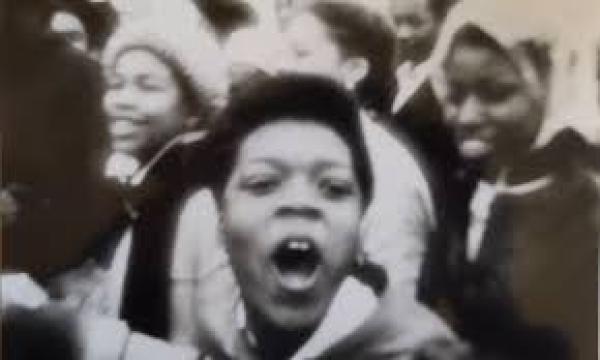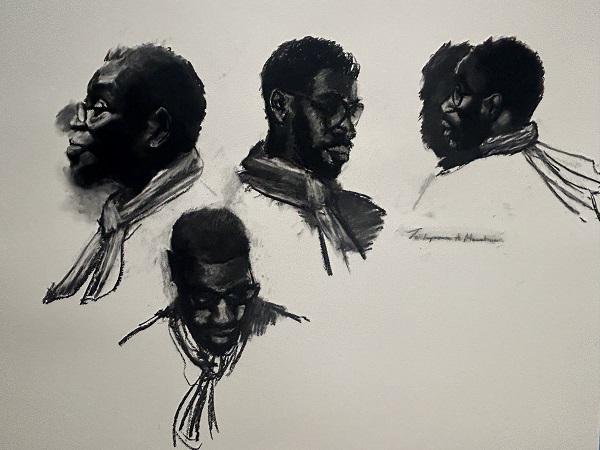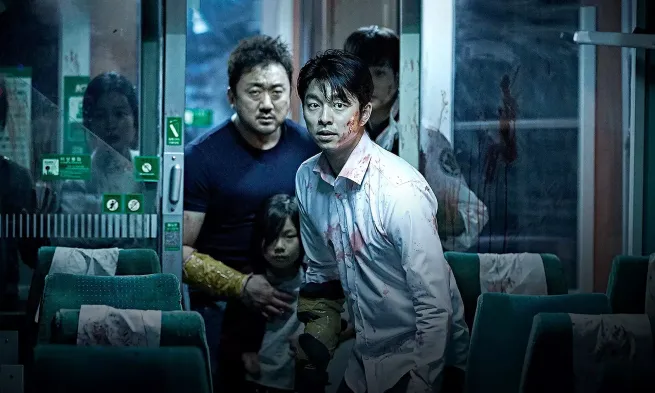
A rare opportunity to see three short films from director Menelik Shabazz, capturing a pivotal period when Black British communities moved from suffering in silence to organised resistance – marking the emergence of a distinct Black British identity forged through shared struggle.
This shorts programme will be directly followed by an interactive filmmaking workshop at 13:30, hosted by filmmaker Winstan Whitter. Tickets for the workshop must be booked seperately. For details of the workshop and tickets are available here.
Breaking Point (38 mins)
The film relates the impact of the use of an old Victorian law (sus law) of ‘being a suspicious person’ commonly known as ‘sus’ against Black Britons in the mid-70s. Under this law, a police officer needed only suspicion to make an arrest. Conviction could result in up to six months' imprisonment. The use of ‘sus’ created much bitterness and anger within the Black community. Interviews include Rudy Narrayan, Stuart Hall and Paul Boeteng. Breaking Point is the first documentary directed by a Black director for mainstream British Television.
Step Forward Youth (29 mins)
In the mid-1970s, British-born Black youth were still considered immigrants, expected to follow in the footsteps of their parents working in menial jobs. Yet this was a very different generation, treated as outcasts, rejected, in conflict within themselves, at home, at school and most of all with the police. Press and TV coverage tarred these young people as criminals and a problem generation. Through individual and group interviews and complementary footage, Step Forward Youth provides some of these young people with an opportunity to speak about their experiences and attitudes to being British. As such, the film presents a rare and revealing insight into the minds of a forgotten generation.
Blood Ah Go Run (20 mins)
This film looks back at 1981, a year that began so tragically with the death of 13 young Black people in a fire during a birthday party in New Cross, London. This incident shook up the Black community and caused national outrage. Many people were convinced that it was a racist attack, continually denied by the police. No one was ever arrested or charged with this crime. The anger in the Black community led to the greatest march of Black people on the streets of London. This march of anger and solidarity was called the Black People’s Day of Action.
Hyde Park
Woodhouse Moor
Leeds
LS6 2AS
United Kingdom



